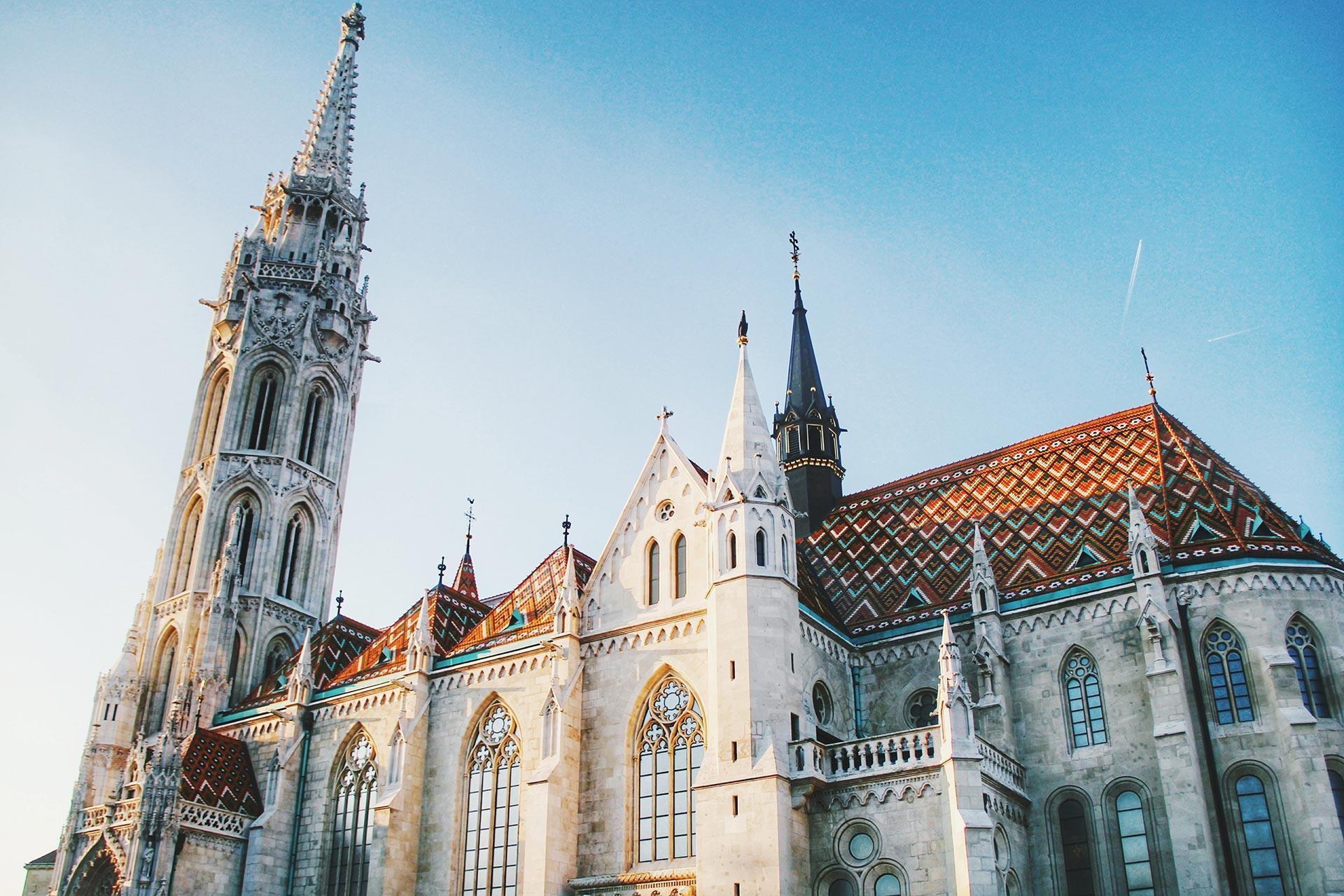All-Inclusive: Flights, Hotels & Transfers
Enjoy peace of mind with our fully packaged Hungary itineraries, tailored to your preferences and budget. Leave the details to us and focus on enjoying every moment of your trip to Hungary.


🔥 Most Popular
Days, Cities, Country
From $2471 $3295

Up to -NaN% OFF
Days, Cities, Country
From $521 $695
Hungary’s capital, Budapest, frequently tops the list for young travelers thanks to its ruin bars, thermal bath parties, and eclectic nightlife along the Danube River. Backpackers appreciate the affordability compared to Western Europe, finding cheap drinks, street food, and hostel options aplenty. By day, exploring historic Buda Castle or soaking ...

Hungary boasts a history that begins with Magyar tribes who arrived in the Carpathian Basin around the late 9th century, establishing what would become the Kingdom of Hungary by the year 1000 under King Stephen I. Throughout the medieval period, Hungary served as a European crossroads, blending eastern nomadic traditions with Western Christianity. ...

Hungary’s nature scenes often surprise travelers who associate the country primarily with its capital city, Budapest, and its cultural heritage. Spanning the heart of the Carpathian Basin, Hungary features vast plains in the east and south, known as the Great Hungarian Plain (Alföld). Here, the horizon stretches endlessly over fields of wheat, sunf...

Voyista’s love affair with Hungary began in Budapest’s vibrant ruin bars and thermal baths, but we didn’t stop there. We explored the Danube Bend’s scenic towns, experienced Tokaj’s wine region, and found lesser-known cultural pockets in Debrecen and Pécs. Drawing on personal exploration, our itineraries balance big city highlights—like the Parliam...

Budapest
9,800,000
Hungarian
HUF
+36
Type C / Type F
CET
No
Arrive at Destination
Your Accommodation
Explore the City
Depart Seamlessly

From the moment you step off the plane, we have you covered. See important info and get a background of the place you'll be visiting. Access step-by-step directions to your accommodation.
Our ground-breaking app has been curated by experts to help you make the most of your trip to Hungary. We’ve done the hard work for you, so you can spend less time planning and more time exploring.

Hungary is a land of thermal spas, hearty cuisine, and captivating history perched along the Danube. Budapest, often called the ‘Pearl of the Danube,’ features stunning architecture from the Hungarian Parliament Building to the Fisherman’s Bastion. Revel in the city’s famous ruin bars, soak in healing thermal baths, and savor traditional dishes lik...

Budapest Ferenc Liszt International Airport receives most international flights; long-distance trains link Austria, Slovakia, and beyond; Danube River cruises also stop in Budapest.

Hungarian dishes are rich with paprika, featuring goulash, chicken paprikash, and lángos (fried dough) commonly found at markets.

Sziget Festival in Budapest for music lovers, Budapest Wine Festival at Buda Castle, and Busójárás (carnival) in Mohács to chase away winter spirits.

Hungary remains budget-friendly; $50–$80 per day is feasible, mid-range $100–$150. Budapest has varied accommodations and affordable public transit.

Enjoy peace of mind with our fully packaged Hungary itineraries, tailored to your preferences and budget. Leave the details to us and focus on enjoying every moment of your trip to Hungary.
Personalize your travel experience to match your style—explore at your own pace or choose a more structured itinerary. We provide plenty of options to create the perfect Hungary trip.
Our travel specialists thoughtfully design itineraries to showcase the best of Hungary, ensuring you enjoy authentic cultural encounters, scenic wonders, and renowned attractions.
Access your personalized itinerary anytime, anywhere, with our user-friendly digital travel app. Plus, our dedicated support team is available around the clock to assist you during your trip to Hungary.
When possible, our travelers take high-speed trains instead of flights to reduce their carbon footprint.
We single out properties doing the most to reduce their footprint and impact on the environment.
Live as a local in each place you visit, supporting local guides and businesses by avoiding large tour companies.